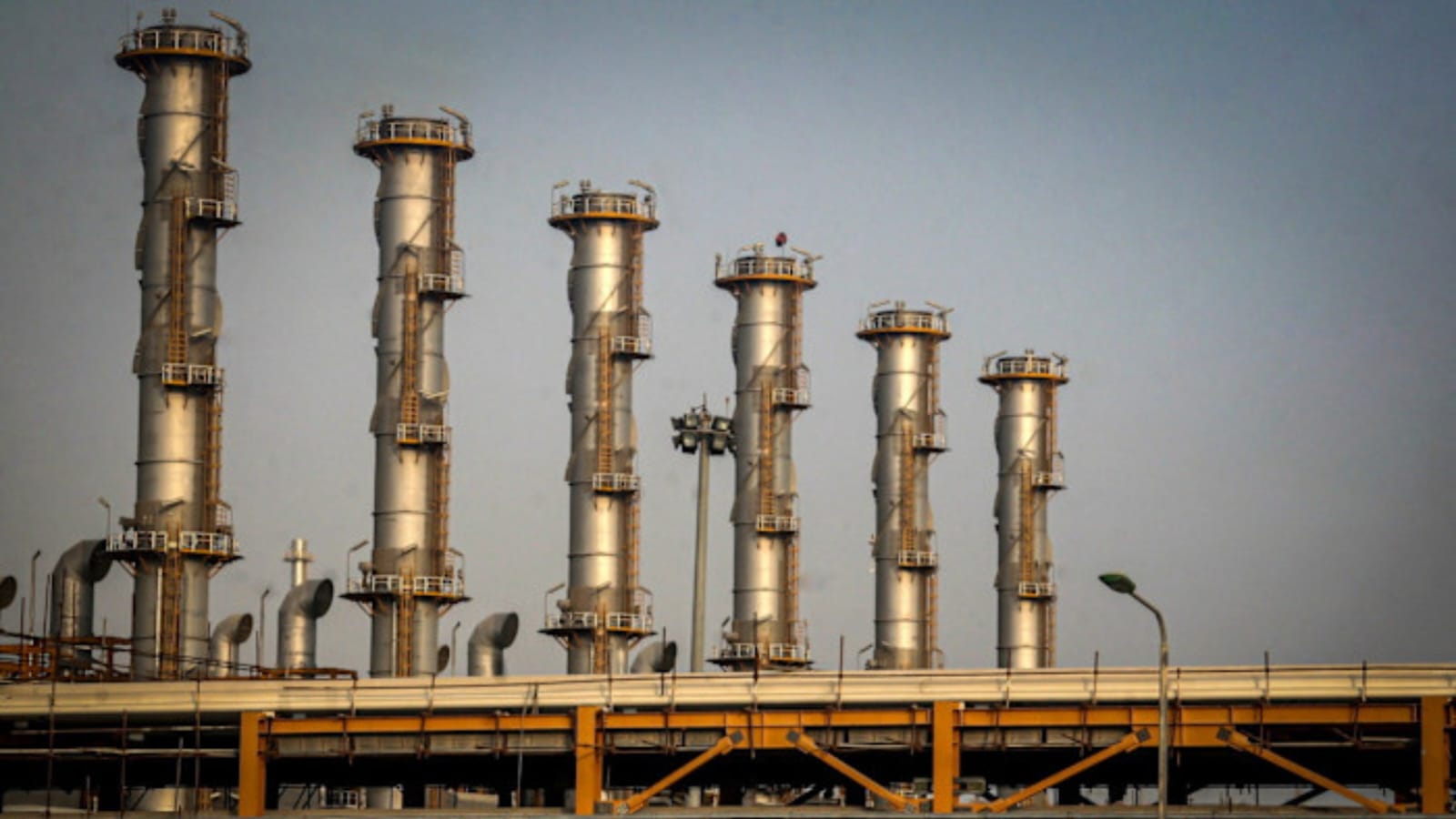India’s AI Market to Hit $17 Billion by 2027, Fueled by Digital Push

India’s artificial intelligence (AI) industry is on the cusp of a massive transformation. According to the Boston Consulting Group (BCG) report titled India’s AI Leap: BCG Perspective on Emerging Challengers, the country’s domestic AI market is projected to surge more than threefold, reaching approximately $17 billion by 2027. This growth will position India among the fastest-growing AI economies globally.
The primary catalyst behind this expansion is the strategic shift in how enterprises view AI—not merely as an experimental tool but as a fundamental driver of business transformation. From limited-scale pilots, organizations are now scaling AI adoption across operations, fueled by rising investments in enterprise tech and a flourishing digital ecosystem.
Talent: The Foundation of India’s AI Momentum
A major advantage for India is its deep and growing pool of AI professionals. As of now, India is home to over 600,000 AI professionals, a number that is projected to double to 1.25 million by 2027. This figure would represent nearly 16% of the global AI workforce, making India second only to the United States.
This abundant talent pool, supported by the country’s strong STEM education base, is one of the primary enablers of its rapid AI progress. With a vibrant and growing base of data scientists, machine learning engineers, and software developers, India is well-equipped to meet both domestic and global AI demands.
Public Digital Infrastructure: A Catalyst for Scalable AI
India’s Digital Public Infrastructure (DPI) forms the backbone of its AI expansion. Foundational platforms such as Aadhaar, UPI, DigiLocker, and the Open Network for Digital Commerce (ONDC) have set global benchmarks for interoperability and scale.
These systems provide standardized, reliable data sets that are critical for training AI models. With more than 700 million internet users and significant smartphone penetration, India produces the kind of data volume and variety that fuels modern AI systems—laying a scalable base for growth across sectors.
Data Center Growth and Compute Infrastructure
Supporting the AI expansion is India’s large-scale investment in digital infrastructure. By 2025, India aims to commission 45 new data centers, adding over 1,015 megawatts to the current network of 152 centers.
Additionally, the IndiaAI mission, backed by a substantial investment of ₹10,000 crore (about $1.2 billion), plans to establish a nationwide AI compute infrastructure. This includes access to 10,000+ GPUs to accelerate model training, innovation, and research in AI.
Such initiatives are setting the stage for long-term AI innovation, particularly in high-compute areas like generative AI, large language models (LLMs), and advanced predictive systems.
A Thriving Startup Ecosystem
India’s AI startup ecosystem is thriving. Currently, the country is home to around 4,500 AI startups, with 40% launched in the past three years alone. These startups are not limited to traditional tech sectors; they span healthcare, agritech, logistics, fintech, media, retail, and real estate.
Crucially, many of these startups focus on solving India-specific challenges—such as language diversity, rural healthcare delivery, and agricultural optimization. Their solutions have not only shown scalable domestic impact but are also finding global applicability.
Enterprises Shifting from Pilots to Full-Scale AI Integration
In today’s business landscape, AI is no longer a futuristic concept—it is a present-day necessity. Companies are moving rapidly from pilot programs to embedding AI into their core strategy and operations. According to Mandeep Kohli, Managing Director and Partner at BCG India, the organizations that succeed are those that manage change effectively, foster internal capabilities, and fully integrate AI into their decision-making frameworks.
This shift marks a turning point, moving AI from being a peripheral experiment to becoming a central pillar of value creation and competitive advantage.
Sectoral Impact and Market Expansion
The BCG report also highlights that AI is expanding the total addressable market (TAM) across key sectors by 1.2 to 1.5 times. From healthcare and banking to logistics and customer service, AI is not just improving efficiencies but opening entirely new market segments.
For instance, AI-powered predictive healthcare tools, personalized financial advisory systems, and automated logistics solutions are redefining how services are delivered and how customer experience is shaped.
Challenges on the Path Ahead
Despite the growth, India’s AI journey is not without hurdles. Key challenges include the high cost of implementation, data governance and privacy issues, ethical concerns, and organizational readiness.
The success of AI initiatives also depends on factors like the quality of datasets, availability of compute power, clarity in regulations, and the ability to upskill employees to work alongside AI systems.
However, the country is taking active steps to address these concerns through responsible AI frameworks, cross-sector collaboration, and government-backed skill development programs.
Global Recognition and Policy Support
India’s AI efforts are increasingly gaining international recognition. With its scale, data ecosystem, and talent base, India is being seen as one of the most promising emerging hubs for AI development. Global investors and tech leaders are taking note.
At the policy level, initiatives such as IndiaAI, the National Supercomputing Mission, and AI Centers of Excellence reflect the Indian government’s commitment to fostering sustainable AI innovation. These programs emphasize ethical use, inclusivity, and building an open AI ecosystem that can serve both economic and societal goals.
Real-World Deployment and Use Cases
AI adoption is now evident across several sectors. Enterprises are deploying AI to improve customer service with chatbots, optimize supply chains using predictive analytics, personalize offerings through recommendation engines, and enhance security via real-time threat detection.
In sectors like healthcare, AI is enabling early diagnosis and treatment plans. In agriculture, AI models help farmers make better decisions on crop health, irrigation, and yield forecasting. These real-world applications showcase the tangible value AI is delivering in both urban and rural contexts.
Looking Ahead: The Next Phase of India’s AI Journey
India’s projected leap to a $17 billion AI market by 2027 is not just a number—it represents a broader economic, technological, and societal shift. With strong foundations in place—talent, infrastructure, startup innovation, and public policy—the country is set to play a defining role in the global AI landscape.
For Indian enterprises, now is the time to invest in AI integration, data quality, workforce upskilling, and governance. For policymakers, the priority is to enable innovation while ensuring AI is safe, inclusive, and aligned with public interest.
India’s AI Future is Bold, Scalable, and Inclusive
India stands at a critical juncture where AI can redefine its digital economy. By leveraging its unique strengths—such as a massive talent pool, pioneering public digital infrastructure, and a thriving innovation ecosystem—the country is well-positioned to lead the AI revolution.
While challenges exist, the combined push from industry, startups, and government could make India one of the world’s AI leaders by the end of the decade. The journey from pilot projects to real-world transformation has already begun—and the momentum is only building.







